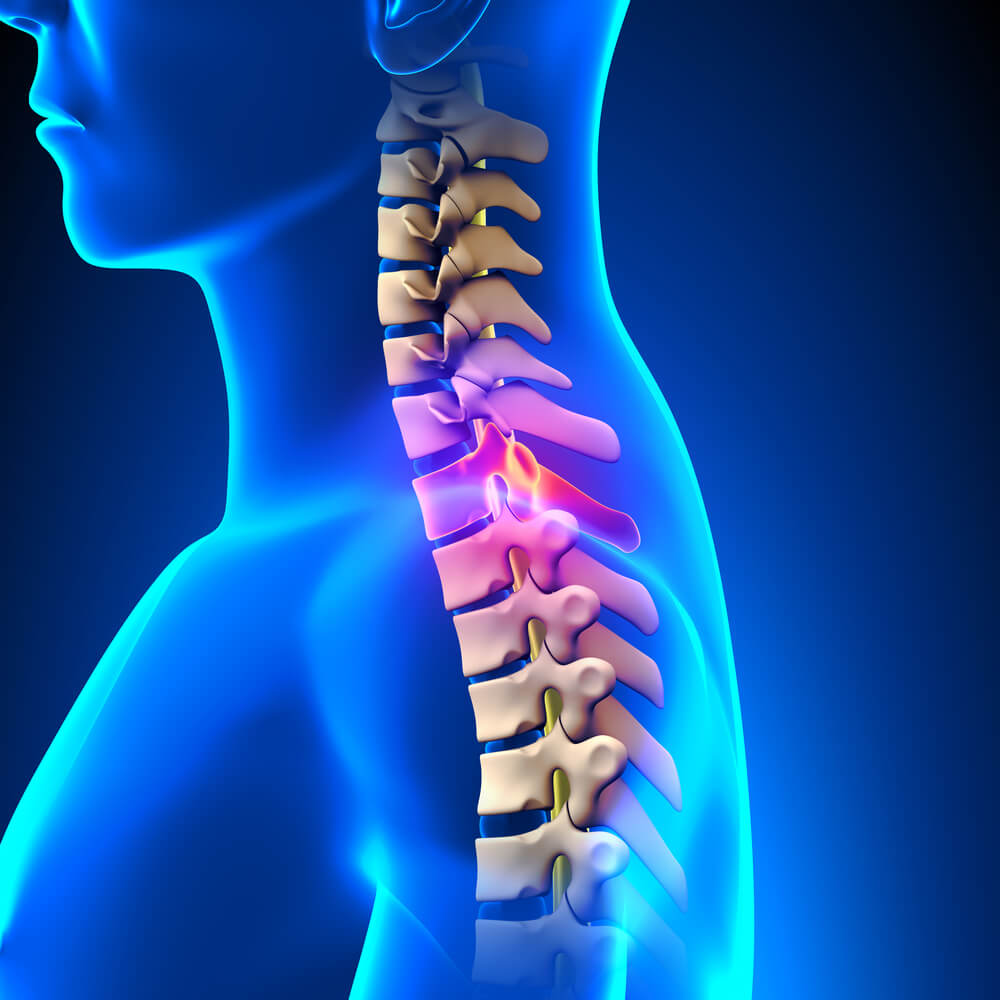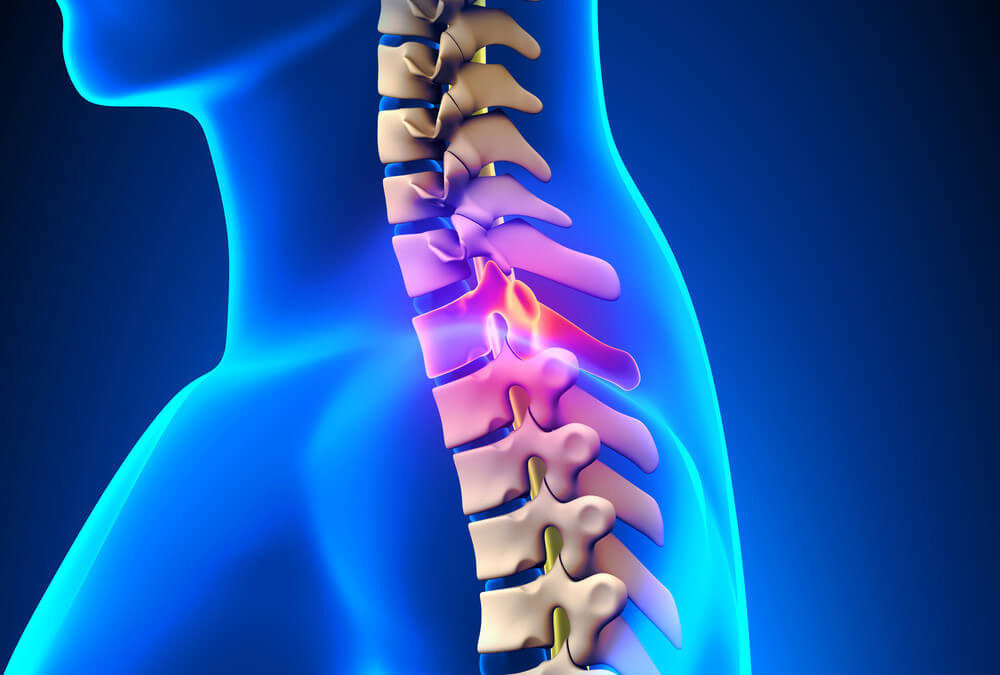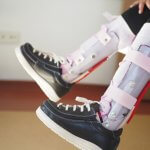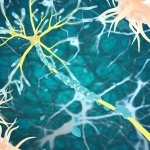Nobody knows what the future holds. Tragically, for 21 year old Kris Boesen it was a serious car accident that left him paralysed from the neck down.
Kris and his family were told that his paralysis would be permanent, however they put their faith in a clinical study that had the potential to reverse the damage using regenerative medicine. The treatment involved an injection of stem cells directly into Kris’s spinal cord and took place earlier this year.
Under normal circumstances Kris would have undergone surgery to stabilise his injured spine, but it would have done little to help regenerate the damaged nerve cells restore motor or sensory function, this was the purpose of the stem cell injection. Charles Lui, director of the USC Neurorestoration Center who is leading the study explained:
“With this study, we are testing a procedure that may improve neurological function, which could mean the difference between being permanently paralyzed and being able to use one’s arms and hands. Restoring that level of function could significantly improve the daily lives of patients with severe spinal injuries.”
Just two short weeks after having stem cells administered into his spine Kris began to show signs of improvement and within three months was able to use his mobile phone, feed himself and hug family and friends again. The improved sensation and movement in his arms and hands has allowed him to become more independent – a prospect that did not seem possible at one stage.
Source: USC News

Regenerative medicine – the future of medicine
Regenerative treatments have long been considered the future of medicine – but now they area reality and happening today. Stem cells are being used to treat neurological damage across a variety of conditions from paralysis to cerebral palsy. It is estimated that 1 in 3 people will benefit from a regenerative therapy in their lifetime. The stem cells found in the umbilical cord are one of the richest and most potent sources available and parents have just one opportunity to store them following the birth of their baby through cord blood banking.








